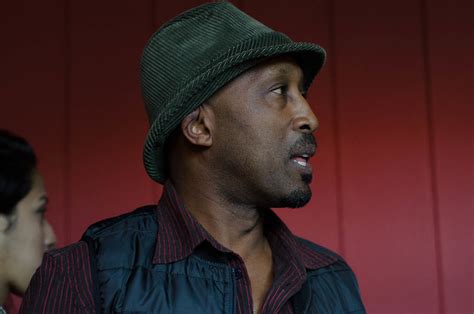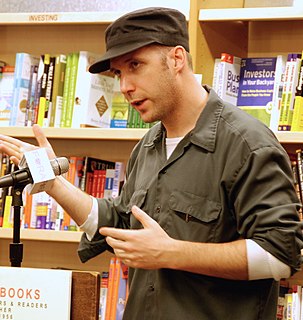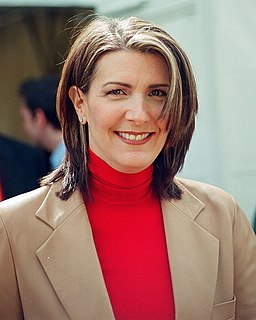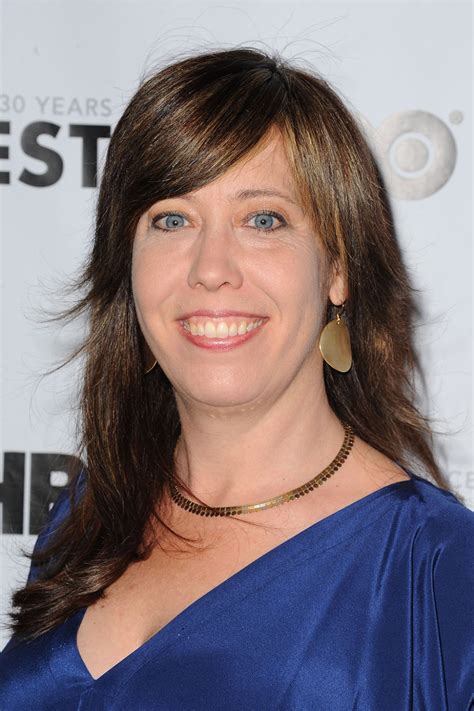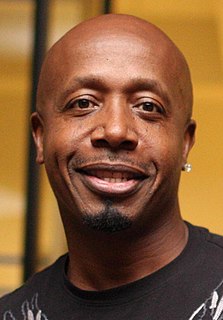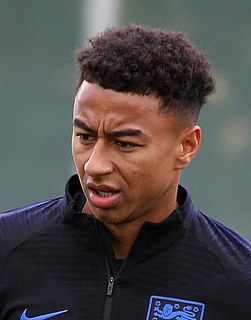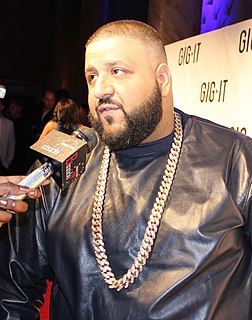A Quote by KRS-One
Hip-hop as a culture itself goes through stages. It grows - it's breathing, living. I've noticed that we usually start off conscious, then we wind up very highly sexual, and then we thug it out. Then things get a little funny again, with comedy and that kind of thing.
Related Quotes
I'm a fan of the mythos of Atlanta hip-hop, and it's something I grew up imagining. It was very interesting to get there and see the real version of this world and then reconcile the differences between what's presented as Atlanta hip-hop to the rest of the world and what the real, breathing version of it is.
In this time, we incorporate money and media, and it's split up like apartheid, where when you say "hip-hop," you think just rap records. People might have forgot about all the other elements in hip-hop. Now we're back out there again, trying to get people back to the fifth element, the knowledge. To know to respect the whole culture, especially to you radio stations that claim to be hip-hop and you're not, because if you was a hip-hop radio station, why do you just play one aspect of hip-hop and rap, which is gangsta rap?
The great thing about the animation process is that is goes from, I write the lines, it goes to the actors, the actors bring a whole world to that, they bring the characters to life, then it goes to the animators, then it goes to the editor who cuts it together, and then you screen it and it goes back through the system again.
[In comedy] you never want to leave the actors hanging out to dry. So you need to come up with funny individual stories for each character, and then you do this sort of comedy geometry, weaving them together. Once you've got a funny structure and you know why the scenes are funny, then you get super funny people to say your own lines, say their own lines, say things in their own way, and every scene is a live rewrite in front of the camera.
Well, we have to realize the truth about the person who is a hip-hop insider. Most of these people are not really insiders. They are people who are chosen to do an interview and they will make a statement and say that they are a part of the hip-hop culture, but from an intellectual standpoint, they are not very sharp, because back in '1990..'91 one would criticize somebody for doing one type of commercial and say that's not real hip-hop and then another rapper turns around and sell them malt liquor and say that's real hip hop.
I started DJing soundclashes. I used to go to Jamaica a lot. I was like a hip-hop sound boy, where I took the dancehall culture and mixed it up with the hip-hop as well. I kept going, going, and I got real hot in the streets of Miami - you know, doing pirate radio - then ended up doing 99 Jamz, the big station out there.
The only thing I knew in the world as a little kid was comedy. And no other kids in my school cared about it at all. There was no one to talk about it with. You know, we're in a geek culture now where comedy is so giant. I'm one of the people that, you know, works on Funny or Die. And there is just a giant culture of comedy nerds. But back then, I was alone, and I had a little confidence about it because I felt like, this is my thing, this is the only thing that only I know about.
I think hip-hop has changed. When I first came out, hip-hop was more of a kind of way to learn about new places, new things. What are kids doing on the East coast, what are kids doing here. Then it left that and is like a party mode. I think it's going back to people wanting to get messages and wanting to learn things from the music.



